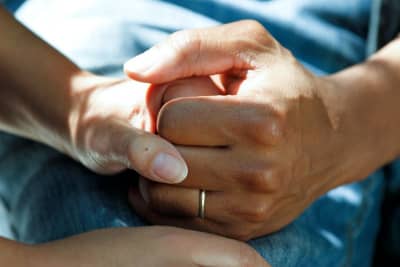I’ve realised, when you’re ill, there are two conflicting messages out there.
The first is the one you hear from friends and, if you have a good one, your medical team. That message is, “You’re ill; listen to your body; don’t overdo it; rest.” For some of us, maybe all of us, we find that advice difficult to follow. The moment I have any energy at all, I expend it totally, doing as much as I can before getting so tired, I am forced to rest. I have only just worked out why this is.
You see, there is another message that’s even stronger, because it is a constant and consistent message. It is a message we start receiving as soon as we’re old enough to understand illness and health and it’s repeated again and again until it is absorbed totally and is too strong to be overridden by advice we know to be logical and sensible.
This is the message from story.
Injury and sickness happen in story too. Heroes are injured and heroines fall sick. So too do the supporting cast. But here’s the difference in the way they deal with it.
The heroes carry on; they don’t give in. They struggle against their infirmities, walking across the Russian Steppes, losing toes to frostbite; they climb the Cliffs of Naverone despite having had only four hours sleep in three days; they pursue the villain despite the infected wound in their chest. They don’t give in to their bodies; they triumph in the battle of mind over matter.
But, what of those characters who do “give in” to their illnesses? They are often seen as weak, or as figures to be pitied – sometimes even to be ridiculed. Here is one such character: “She had become so much addicted to invalidism that, unless some attractive entertainment was offered her, she spent the better part of her days reclining gracefully upon a sofa; a table beside her crowded with bottles and phials containing any paregoric or restorative recommended to her by her friends or by the maker’s advertisement.”
Ignoring the body’s need for rest and recovery is seen as heroic; honouring this need is seen as weak and silly. This view is pervasive throughout every genre of fiction. There can be no story without challenges and so injury and ill-health is just another challenge to be overcome by the hero.
Real life is different. We remember Florence Nightingale as the founder of modern nursing. What many of us do not know is that, aged 35, she contracted Brucellosis in the Crimea, and never fully recovered; remaining bed-bound for the rest of her long life. These days, we would say she had ME.
So, for those of who live with ill-health, let’s not be ashamed. Stories are fiction and we must treat them like fiction. Ill health does not make us morally weak or a figure of fun; it should not even make us the target of pity. Ill-health is our own challenge, but we must deal with it sensibly and logically – and leave the heroics to books and film.



Comments
You need to be Logged In and a Moodscope Subscriber to Comment and Read Comments